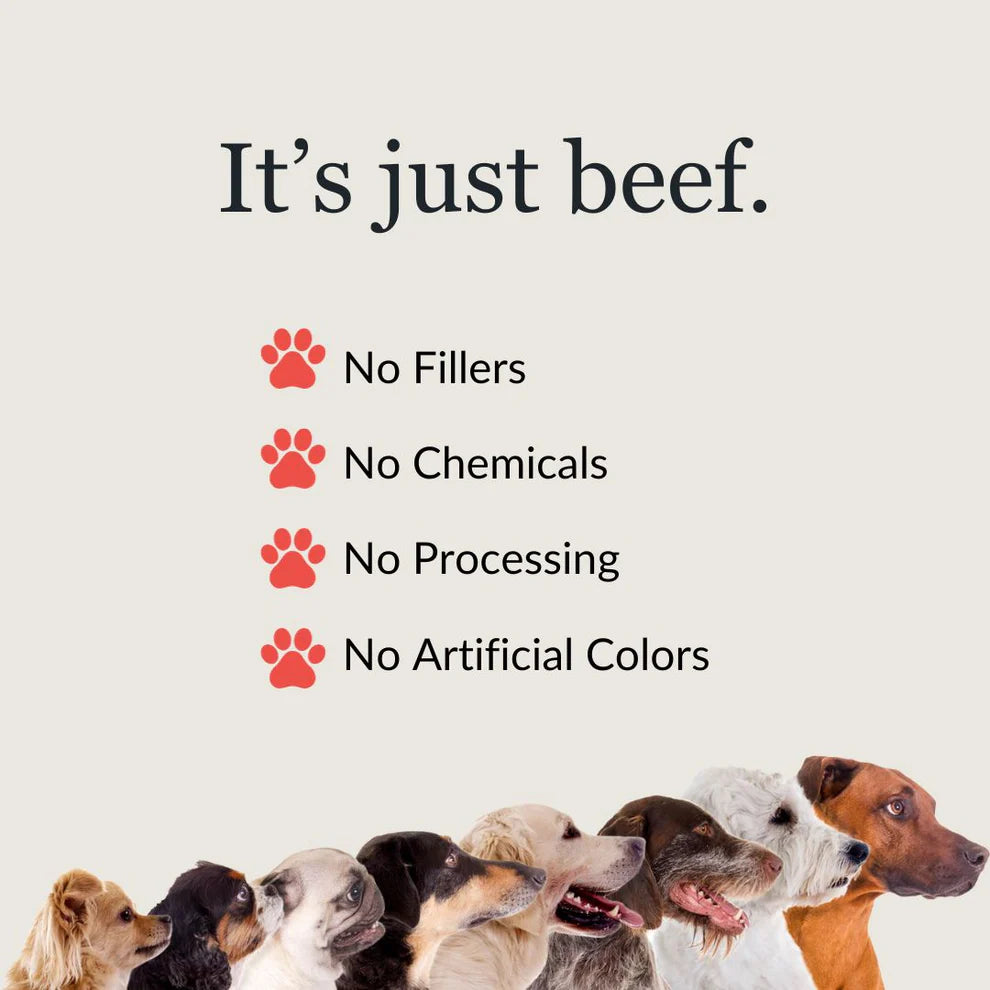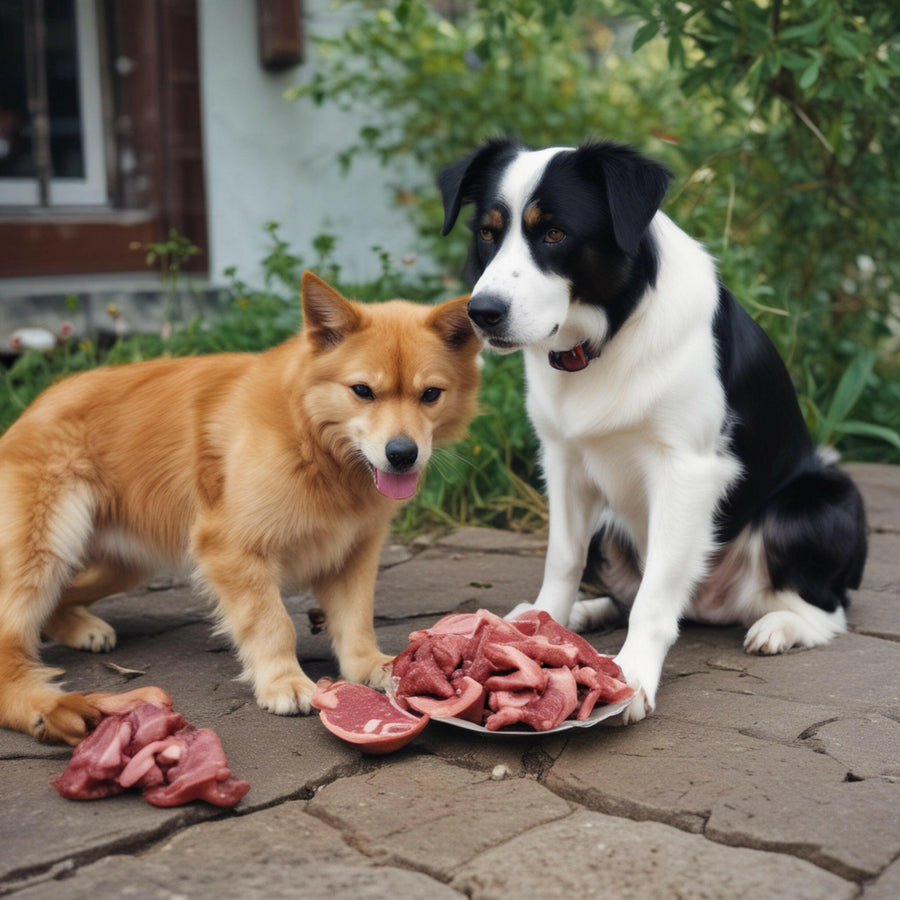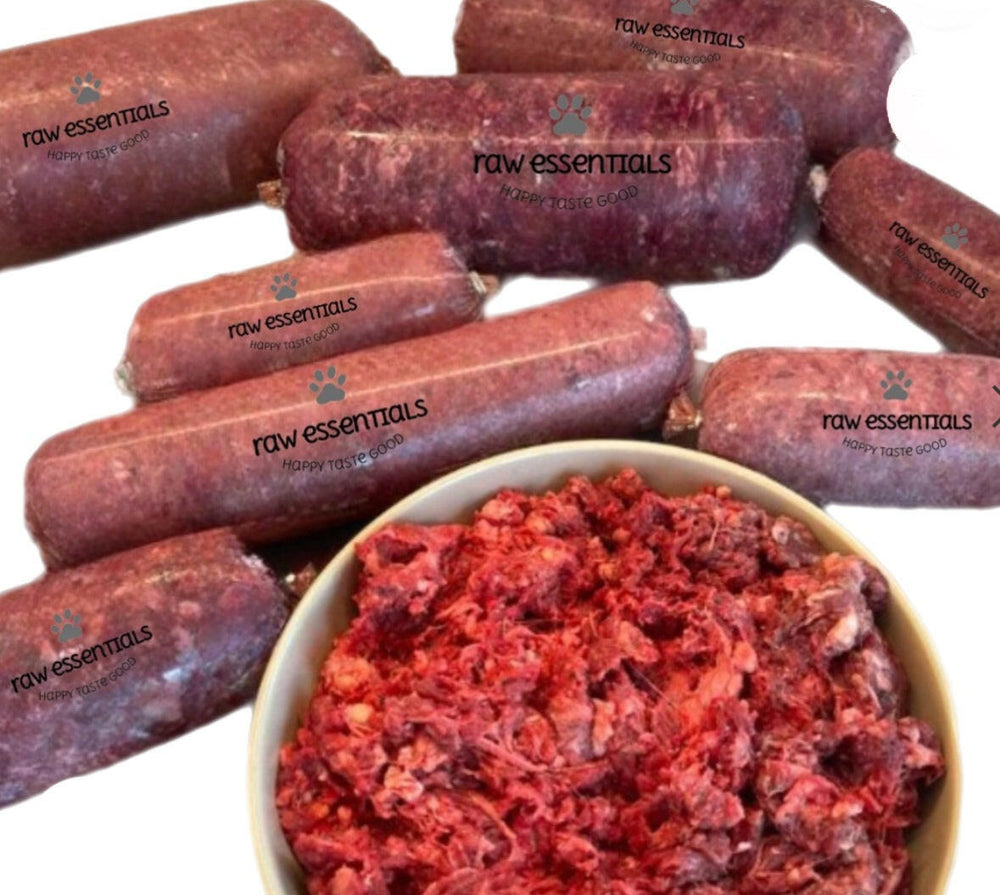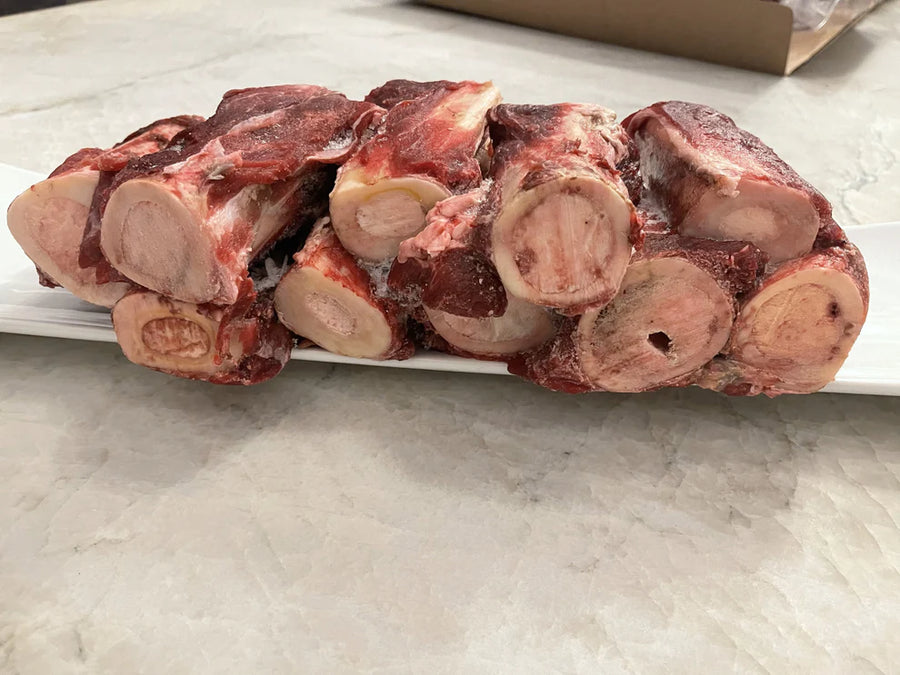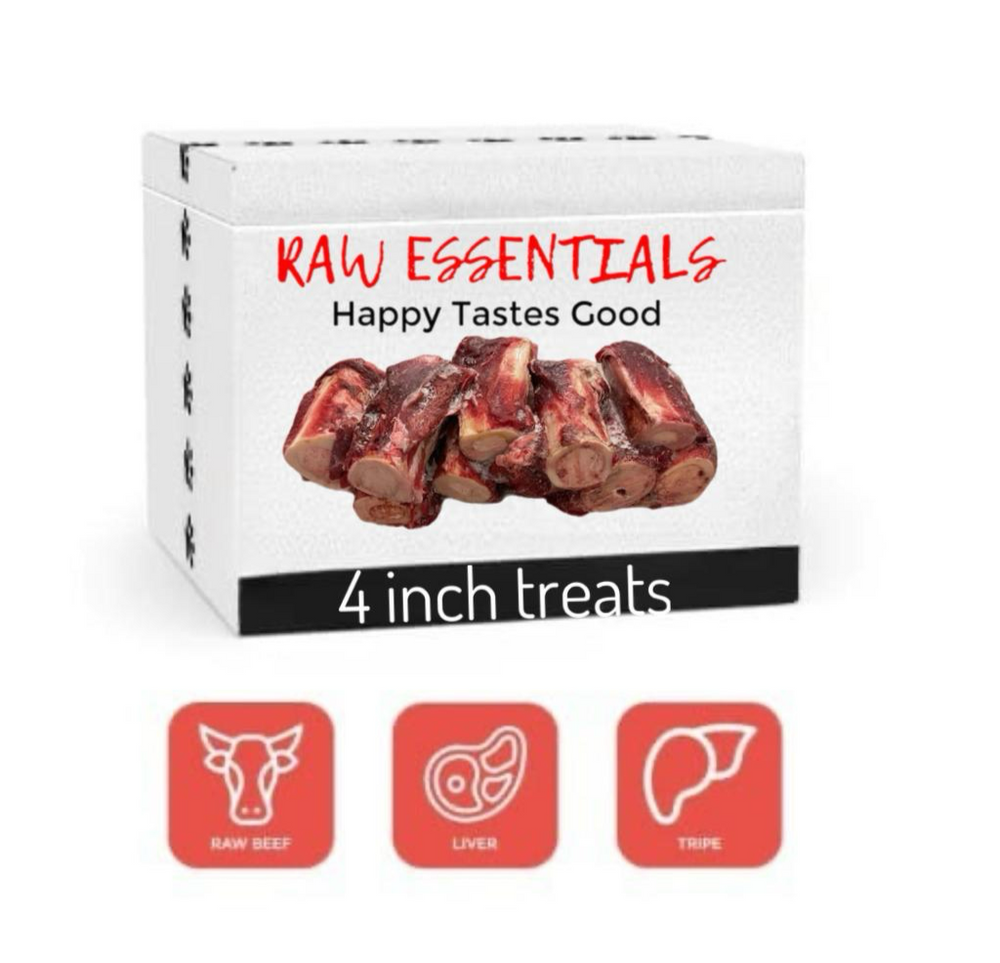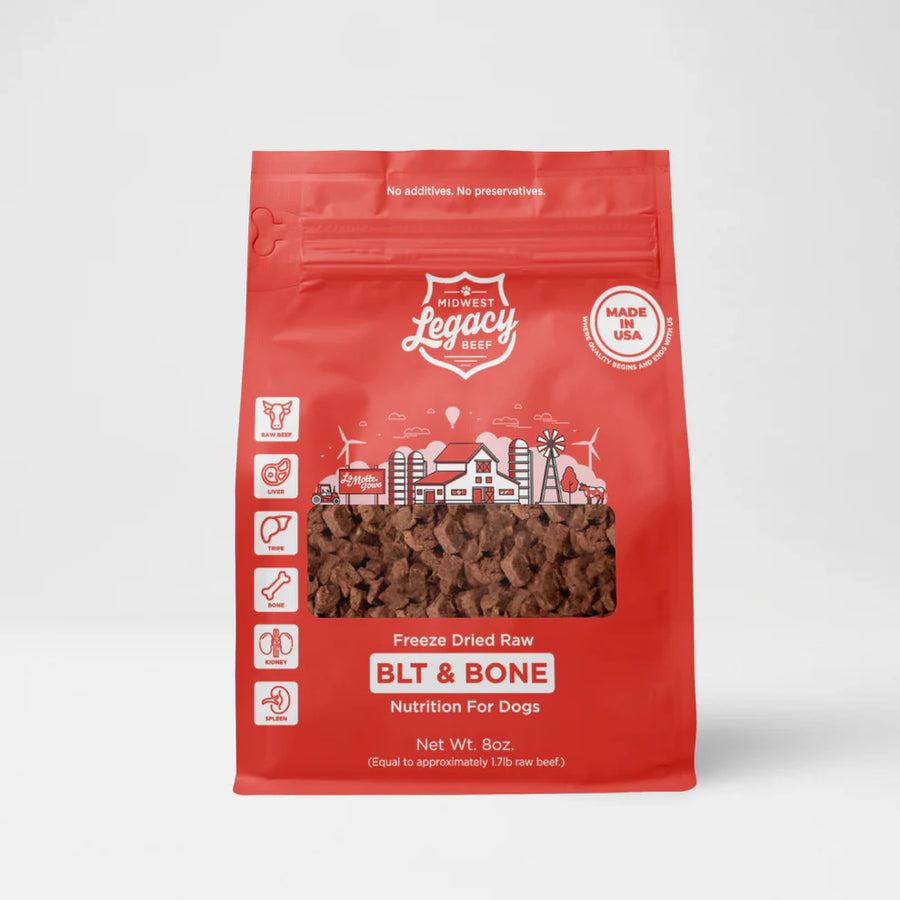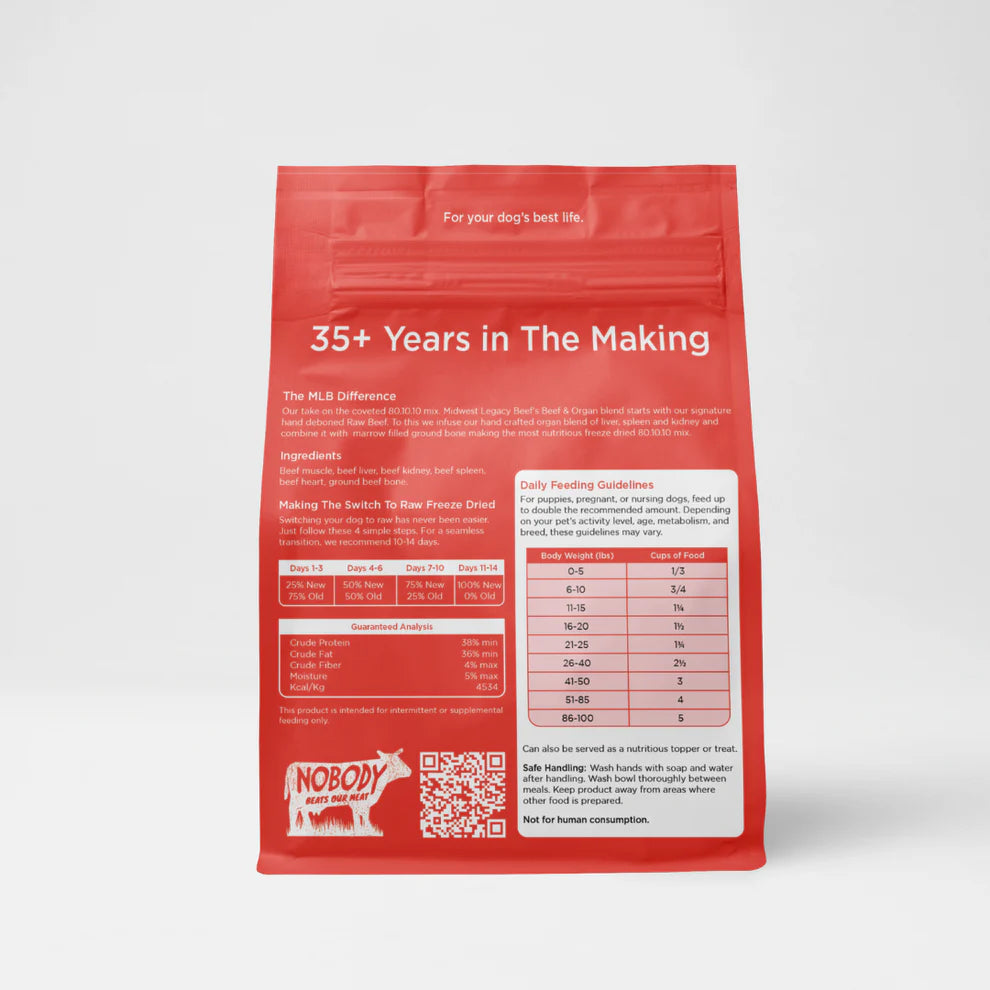Healthy Foods for Dogs
Top 10 Healthy Foods for Dogs
Dogs are more than just pets; they are family members. As responsible pet owners, it's crucial to provide them with a diet that supports their overall health and well-being. While commercial dog foods can be convenient, integrating homemade dog food and healthy dog treats into their diet can offer numerous benefits. In this article, we'll delve into the top 10 healthy foods for dogs that can be easily incorporated into their meals or given as treats. These foods not only enhance their nutrition but also contribute significantly to their happiness and longevity.
Use Dog Food Chart image below to find safe foods plus unsafe foods. Chart Compliants of Demmer Doodles.
1. Lean Meats
Lean meats like chicken, turkey, and beef are excellent protein sources for dogs. Protein is essential for building and repairing tissues and keeping your dog's muscles strong. When preparing meat for your dog, ensure it is cooked thoroughly and avoid any seasoning or sauces that could be harmful.
Benefits of Lean Meats
- Rich in Essential Amino Acids: Lean meats are packed with essential amino acids that are the building blocks of proteins. They play a crucial role in muscle development, repairing tissues, and ensuring that your dog's body functions optimally. Amino acids also contribute to producing enzymes and hormones that regulate various bodily functions.
- Supports Healthy Muscle Development: Regular consumption of lean meats can help maintain muscle mass and prevent muscle atrophy in dogs, especially in active breeds or aging dogs. Strong muscles are vital for mobility, agility, and overall vitality.
- Provides Energy for Active Dogs: Lean meats are an excellent source of energy, which is particularly beneficial for highly active dogs. The protein in lean meats is metabolized into energy that supports daily activities and enhances endurance and stamina.
Cooking and Preparation Tips
- Cooking Methods: Boiling, steaming, or grilling are the best cooking methods for preparing lean meats for dogs. These methods retain most nutrients without adding unhealthy fats or oils.
- Avoid Harmful Additives: Ensure that the meat is free from harmful additives like garlic or onion powder, which can be toxic to dogs. Stick to natural, unseasoned meats to ensure safety.
- Portion Control: Even though lean meats are healthy, it's important to control portion sizes. Overfeeding can lead to obesity, which is a risk factor for several health issues in dogs.
2. Fish
Fish, particularly salmon and sardines, are packed with omega-3 fatty acids, which are vital for maintaining healthy skin and a shiny coat. Omega-3s also support joint health and reduce inflammation.
Serving Fish to Your Dog
- Cook the Fish Without Any Seasoning: Fish should be cooked plainly without any seasoning or spices. Spices like garlic and onion are harmful to dogs, so plain-cooked fish is the safest option.
- Remove All Bones Before Serving: Fish bones can be a choking hazard and may damage your dog's digestive tract. Ensure that all bones are removed before serving to prevent any health complications.
- Introduce Fish Gradually to Avoid Digestive Issues: Start with small portions of fish to see how your dog tolerates it. Gradual introduction can prevent digestive issues such as upset stomach or diarrhea.
Health Benefits of Fish
- Rich in Omega-3 Fatty Acids: The omega-3 fatty acids found in fish are beneficial for reducing inflammation and promoting joint health. This is particularly useful for older dogs or breeds prone to joint issues.
- Promotes Healthy Skin and Coat: Regular consumption of fish can lead to a shinier coat and healthier skin, reducing issues such as dryness or flakiness.
- Supports Cognitive Function: Omega-3s are also known to support brain health, potentially improving cognitive function and reducing the risk of cognitive decline in older dogs.
3. Carrots
Carrots are not only a low-calorie snack but also a great source of vitamins and fiber. They are excellent for maintaining dental health, as the crunchiness helps remove plaque from your dog's teeth.
Nutritional Benefits
- High in Beta-Carotene, Which Converts to Vitamin A: Carrots are rich in beta-carotene, an antioxidant that converts into vitamin A in the body. Vitamin A is essential for maintaining healthy vision, supporting immune function, and promoting cell growth.
- Supports Eye Health and Immune Function: The antioxidants in carrots help protect the eyes from degenerative diseases and boost the immune system, helping your dog fight off illnesses.
- Aids in Digestion Due to High Fiber Content: Carrots are high in fiber, which aids in digestion and helps regulate bowel movements. This is particularly beneficial for dogs with digestive issues or those needing a fiber-rich diet.
How to Serve Carrots
- Raw or Cooked: Carrots can be served raw for a crunchy treat or cooked for easier digestion. Both forms provide nutritional benefits.
- Chopped or Shredded: For smaller dogs, chop or shred carrots to make them easier to chew and swallow.
- Incorporate into Meals: Add chopped or grated carrots to your dog's regular meals to enhance their nutritional value.
4. Blueberries
Blueberries are often referred to as a superfood for dogs. They are rich in antioxidants and vitamins that help fight free radicals and support overall health.
Why Blueberries Are Good for Dogs
- Packed with Vitamin C and K: Blueberries are an excellent source of vitamin C and K, which are vital for immune health and blood clotting, respectively. These vitamins also contribute to the overall vitality and well-being of your dog.
- Contains Fiber to Aid Digestion: The fiber content in blueberries helps maintain a healthy digestive system, promoting regular bowel movements and preventing constipation.
- Helps Combat Oxidative Stress: The antioxidants in blueberries help combat oxidative stress, which can lead to chronic diseases and aging. This protective effect can contribute to a longer, healthier life for your pet.
Serving Suggestions
- As a Treat: Blueberries can be given as a treat, either fresh or frozen. They are a healthy alternative to commercial dog treats.
- Mixed with Food: Add a handful of blueberries to your dog's regular meal to boost its nutritional content.
- Frozen Treats: Freeze blueberries for a refreshing summer treat that your dog will love.
5. Pumpkin
Pumpkin is a favorite among dogs and pet owners alike due to its digestive benefits. It's particularly useful for dogs with upset stomachs or irregular bowel movements.
How Pumpkin Helps
- High in Fiber, Aiding in Digestion: Pumpkin is high in soluble fiber, which can help regulate your dog's digestive system. It's effective in treating both diarrhea and constipation by adding bulk to the stool.
- Rich in Vitamins A, E, and C: These vitamins support immune function, skin health, and overall vitality. The antioxidants in pumpkin also help fight free radicals, promoting long-term health.
- Supports Urinary Health: Pumpkin is also known to support urinary health, potentially reducing the risk of urinary tract infections and promoting kidney function.
Ways to Serve Pumpkin
- Canned or Fresh: Both canned and fresh pumpkin are suitable for dogs, but ensure that canned pumpkin is free from added sugars or spices.
- Mixed with Meals: Add a spoonful of pumpkin to your dog's meal to enhance its nutritional value and support digestion.
- Frozen Pumpkin Cubes: Freeze pumpkin puree in ice cube trays for a cool, refreshing treat.
6. Sweet Potatoes
Sweet potatoes are an excellent carbohydrate source that provides energy and is gentle on the digestive system. They are also rich in vitamins and minerals.
Sweet Potatoes as a Nutrient Source
- High in Vitamin A and C: Sweet potatoes are loaded with vitamin A and C, which support healthy vision, immune function, and skin health. These vitamins also play a role in collagen production, promoting skin elasticity.
- Contains B Vitamins and Manganese: The B vitamins in sweet potatoes support energy metabolism, while manganese is essential for bone health and metabolic processes.
- Supports Healthy Skin and Coat: The beta-carotene in sweet potatoes contributes to a glossy coat and healthy skin, reducing issues like dryness or irritation.
Serving Sweet Potatoes
- Cooked and Mashed: Cook and mash sweet potatoes before serving to make them easier to digest and to prevent choking hazards.
- Baked or Boiled: Baking or boiling sweet potatoes retains their nutrients and makes them a tasty treat for dogs.
- As a Meal Topper: Use sweet potatoes as a topping for your dog's regular meals to boost their nutritional intake.
7. Oatmeal
Oatmeal is a fantastic alternative grain for dogs that are sensitive to wheat or other grains. It's rich in soluble fiber, making it beneficial for dogs with irregular bowel movements.
Benefits of Oatmeal
- Contains Vitamin B and Omega-6 Fatty Acids: The vitamin B in oatmeal supports healthy skin and energy levels, while omega-6 fatty acids contribute to a shiny coat and healthy skin.
- Supports Healthy Skin and Coat: Regular consumption of oatmeal can lead to improved skin health and coat condition, particularly for dogs with skin sensitivities.
- Provides a Slow-Release Energy Source: Oatmeal is a complex carbohydrate that provides a slow-release energy source, keeping your dog energized throughout the day.
How to Serve Oatmeal
- Cooked and Plain: Always cook oatmeal plain without any added sugar, salt, or spices. Avoid flavored oatmeal that may contain harmful ingredients.
- Mixed with Food: Add oatmeal to your dog's food for added fiber and nutritional benefits. Start with small portions and gradually increase to prevent digestive issues.
- As a Treat: Use cooked oatmeal as a base for homemade dog treats, combining it with other dog-friendly ingredients.
8. Apples
Apples are a crunchy treat that many dogs love. They are a great source of vitamins and fiber, but be sure to remove the core and seeds, which can be harmful.
Nutritional Highlights
- High in Vitamin A and C: Apples are rich in vitamin A and C, which support immune health, vision, and skin health. These vitamins also help combat free radicals, promoting overall health.
- Contains Antioxidants: The antioxidants in apples help protect cells from damage, reducing the risk of chronic diseases and promoting longevity.
- Promotes Dental Health: The crunchy texture of apples helps clean your dog's teeth, reducing plaque buildup and promoting dental health.
How to Serve Apples
- Sliced and Seedless: Always remove the core and seeds before serving apples to your dog, as these can be harmful. Serve apples in thin slices for easy chewing.
- As a Snack or Meal Topper: Apples can be given as a standalone snack or added to your dog's meals for an extra nutritional boost.
- Frozen Apple Treats: Freeze apple slices for a refreshing summer treat that your dog will enjoy.
9. Eggs
Eggs are a complete protein source and are highly digestible for dogs. They are also packed with essential vitamins and minerals.
How Eggs Benefit Dogs
- Rich in Protein and Amino Acids: Eggs are a complete source of protein, containing all essential amino acids needed for muscle development and tissue repair. They are also easily digestible, making them an excellent protein source for dogs.
- Contains Vitamins A, D, and B12: These vitamins support various bodily functions, including vision, bone health, and energy metabolism. Vitamin D is particularly important for calcium absorption and bone health.
- Supports Healthy Skin and Coat: The nutrients in eggs contribute to a shiny coat and healthy skin, reducing issues like dryness or flakiness.
Serving Eggs Safely
- Cooked Eggs: Always serve eggs cooked to reduce the risk of salmonella or other bacterial infections. Boiled or scrambled eggs are excellent options.
- Moderation is Key: While eggs are nutritious, they should be given in moderation to prevent excessive calorie intake. One egg a few times a week is sufficient for most dogs.
- Avoid Seasoning: Serve eggs plain without any salt, pepper, or other seasonings that may be harmful to your dog.
10. Green Beans
Green beans are low in calories but high in essential vitamins and minerals, making them an excellent choice for a healthy dog treat.
Green Beans for Weight Management
- High in Fiber, Aiding in Digestion: The high fiber content in green beans supports healthy digestion and regular bowel movements, making them ideal for dogs with digestive issues.
- Contains Vitamins A, C, and K: These vitamins support immune health, vision, and bone health, contributing to your dog's overall well-being.
- Supports Healthy Weight Management: Green beans are low in calories, making them a great treat option for dogs needing to lose weight or maintain a healthy weight.
How to Serve Green Beans
- Fresh or Cooked: Green beans can be served fresh or lightly steamed. Avoid canned green beans that may contain added salt or preservatives.
- As a Snack or Meal Addition: Green beans can be given as a standalone treat or added to your dog's meals for added nutrition and fiber.
- Chopped for Smaller Dogs: For smaller breeds, chop green beans into bite-sized pieces to make them easier to chew and digest.
Incorporating These Foods into Your Dog's Diet
When introducing new foods to your dog's diet, it's essential to do so gradually to monitor for any adverse reactions. Always consult with your veterinarian before making significant dietary changes, especially if your dog has specific health conditions or dietary needs.
Tips for Serving Homemade Dog Food
- Use Fresh, High-Quality Ingredients: Ensure that all ingredients used in homemade dog food are fresh and of high quality to maximize nutritional benefits. Avoid using expired or low-quality foods that may harm your dog.
- Avoid Harmful Foods Like Chocolate, Grapes, and Onions: Some human foods are toxic to dogs, so it's crucial to avoid these when preparing homemade meals. Always research ingredients before including them in your dog's diet.
- Balance Meals with a Mix of Proteins, Carbohydrates, and Vegetables: A balanced diet is key to ensuring your dog receives all necessary nutrients. Include a variety of proteins, carbohydrates, and vegetables to create a well-rounded meal.
Conclusion
Feeding your dog a variety of healthy foods can have numerous benefits, from supporting their immune system to maintaining a healthy weight. By incorporating these top 10 healthy foods into your dog's diet, you can ensure they receive the nutrients they need to thrive. Remember, moderation is key, and it's always best to consult with your veterinarian to tailor your dog's diet to their specific needs.
By prioritizing your dog's nutrition, you're taking a significant step towards a healthier and happier life for your furry friend. Investing in their diet today can lead to a future filled with vitality, joy, and companionship.








